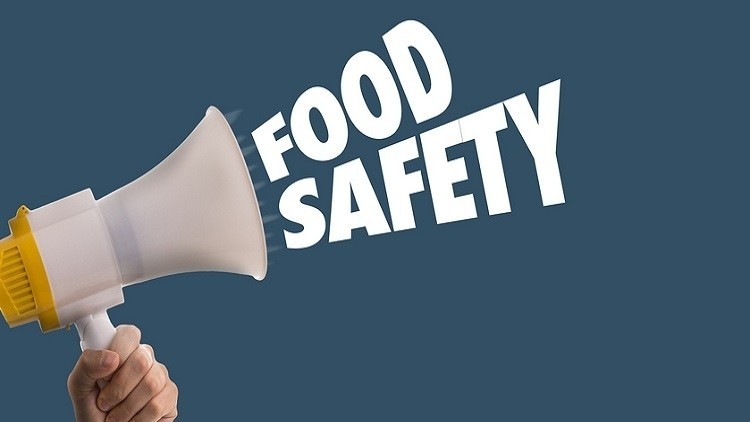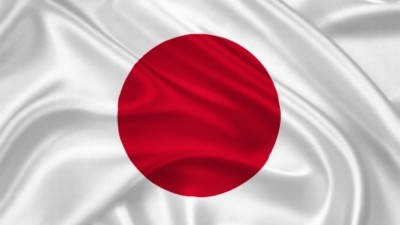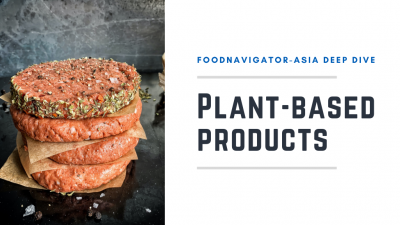Safety First: Child food allergies, soy beverage fraud prevention, cricket consumption risks and more feature in our round-up

Vigilance vital: Australian researchers warn against complacency as child food allergies dip
Australian researchers have warned against complacency over child food allergies despite a recent study finding a significant drop in anaphylaxis rates as a result of infant feeding guideline changes.
Researchers aimed to examine the impacts of implementing allergy prevention guidelines on a national (implemented in 2007-2008) and global (implemented in 2015-2016), particularly to determine whether these had resulted in any parallel reductions in hospital admissions due to food anaphylaxis.
One of the major guideline changes highlighted was that of introducing allergens to infant diets before the age of one, before the child develops the allergy, in order to prevent this from developing – this was because the results showed a slowing in food anaphylaxis rates amongst children aged between one and 14 years of age.
“The results [for these age groups] coincide with the introduction of updated infant feeding and allergy prevention guidelines in 2007-2008 and 2015-2016,” MCRI Professor Mimi Tang said.
Soy decrees: Japan enforces stricter labelling rules for beverages to cut fraudulent claims and ensure fair trade
Japan has announced stricter labelling regulations for soybean milk and other soy-related beverages with the aim of preventing fraudulent or exaggerated claims and ensure fair competition between brands in the very competitive local market.
According to GlobalData, the soy milk and drinks market in Japan was valued at over JPY160bn (US$1.4bn) as of 2020, and domestic soy milk production is well above 400 million litres yearly. Competition is fierce as there are many soy milk manufacturers in the market, and public concerns have been on the rise in recent years regarding exaggerated or fraudulent claims being made on product labels.
In response to this issue, the Japan Fair Trade Commission (JFTC) and Consumer Affairs Agency (CAA) recently issued stricter labelling rules for soy milks and beverages, covering both liquid and powdered forms of these.
“These new labelling rules will be enforced under the Fair Competition Code to prevent unreasonable marketing to and attraction of consumers [by the product brands], so as to ensure consumers are able to make thoroughly voluntary and rational choices when purchasing soy beverages,” said both agencies via a joint statement.
Curious about crickets? Beware if you have a seafood allergy, says Thai review
Cricket consumption has numerous nutritional and health benefits but those with shellfish allergies should proceed with caution, say researchers from Thailand’s Mahidol University.
Climate change has made predicting food quantities increasingly challenging, especially in light of a rising world population expected to worsen food insecurity. This has led to the introduction of alternative food sources to substitute livestock demands, one of which is edible insects like crickets, which have proven to be a favourite in countries like Thailand.
To determine the health benefits of edible crickets on a molecular basis, as well as their safety and allergenicity, the researchers conducted a review of research articles and books gathered from various scientific databases, including PubMed, ScienceDirect and Scopus.
Russian invasion impact: South Korea seeks alternative grain strategies to prevent shortages
The South Korean government is adopting alternative grain procurement strategies and import sources to prevent shortages due to the ongoing conflict in Ukraine.
For South Korea, the impacts from Ukrainian grain exports are the most worrying as these make up upwards of 10% of its wheat and corn imports, and the loss of these would negatively impact both the local food and feed sectors, in addition to the supply instability resulting in skyrocketing grain prices in general.
“The Ministry of Agriculture , Food and Rural Affairs (MAFRA) Food Industry Policy Office has chaired a committee on International Grain Supply and Demand Countermeasures with participation from other ministries, the local industry and associations, financial and agricultural research institutions and other experts, [and] has found it necessary to implement countermeasures in response to the Russia-Ukraine crisis,” MAFRA Minister Kim Hyun-soo said via a formal statement.
Warning labels for packaged food? Indian regulator urged to go further with health star rating plan
The Indian food regulator is being urged to include on-pack ‘warning labels’ for sugar, salt and fats as part of its upcoming health star rating system for packaged foods.
The Food Safety and Standards Authority of India (FSSAI) recently announced that it would be implementing new front-of-pack labelling (FoPL) rules for packaged foods based on a new health star rating (HSR) system.
This is in response to a government-commissioned study conducted by the Indian Institute of Management Ahmedabad (IIM-A).
“The study [was conducted on over 20,000 consumers] and has found the HSR system to be most preferred by Indian consumers,” FSSAI CEO Arun Singhal said.















